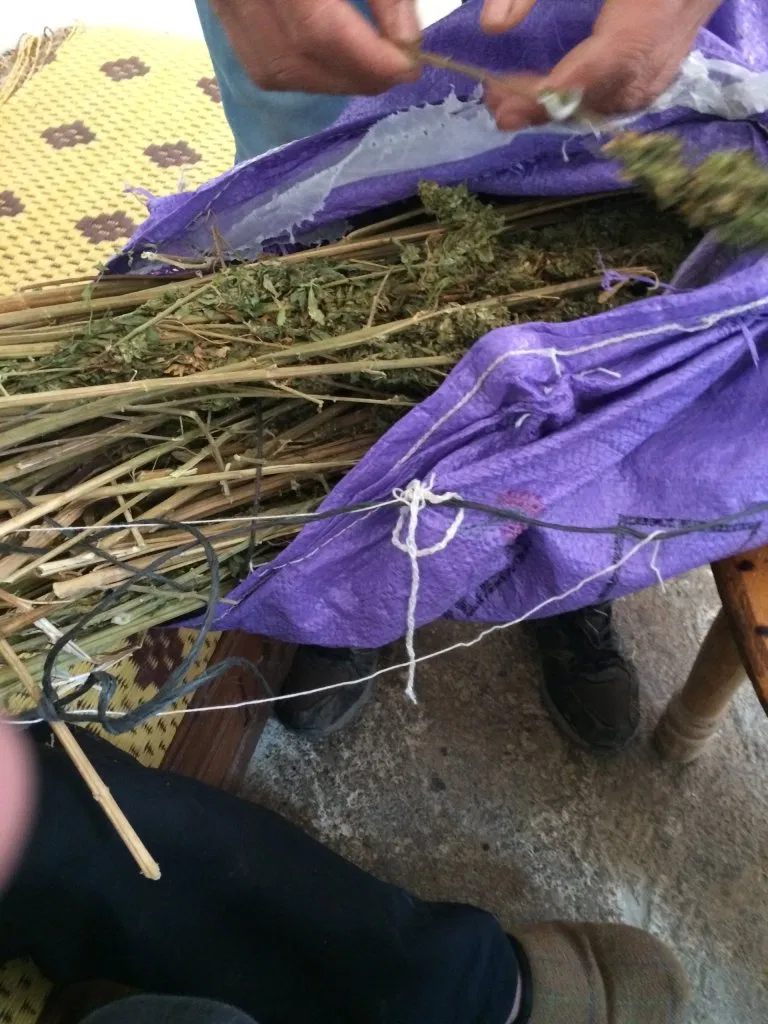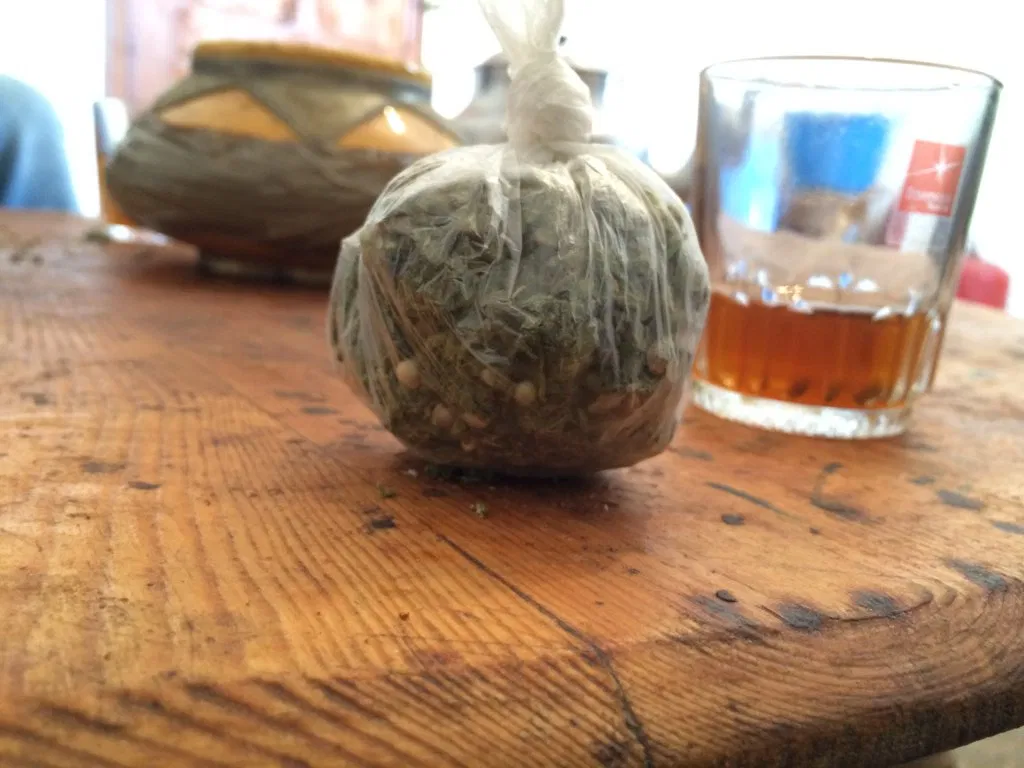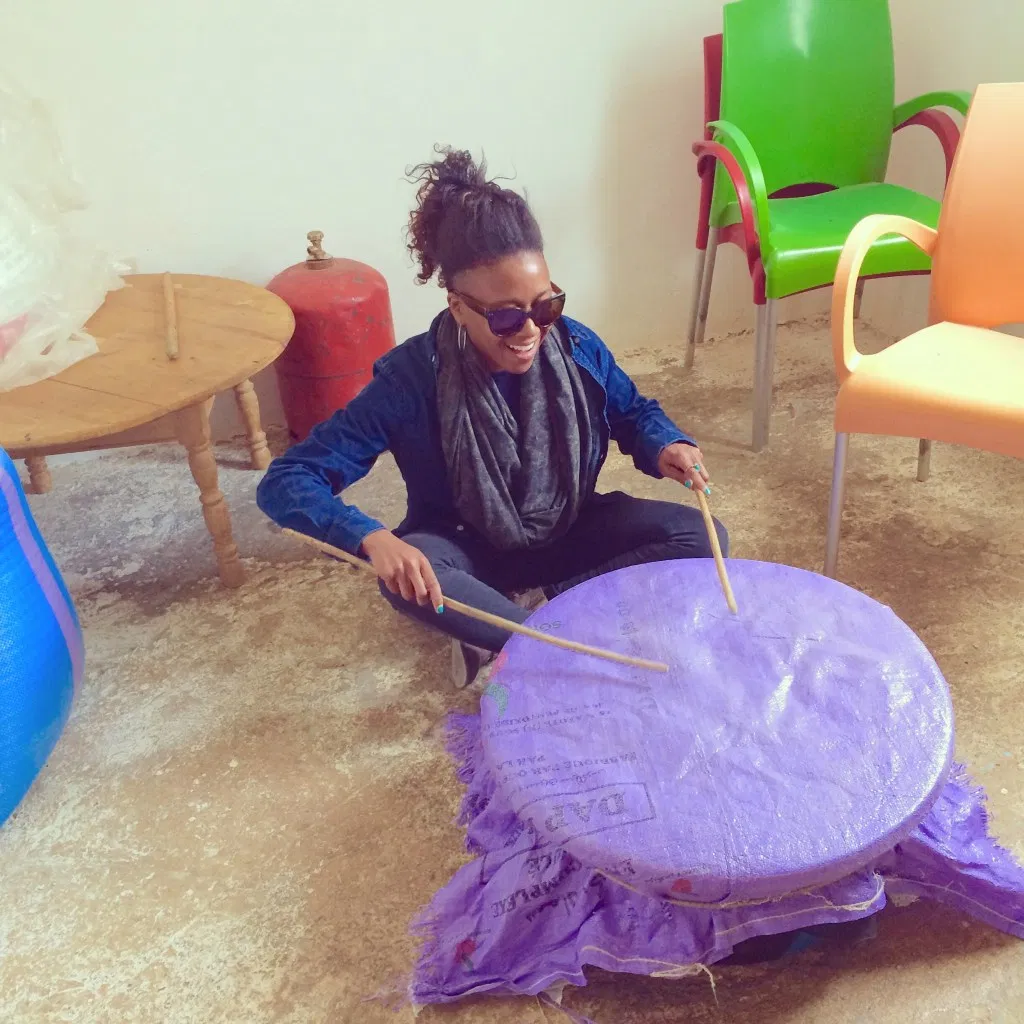Making Hashish in The Moroccan Mountains
Posted by Crystal Sparks | Feb 12, 2020 | Culture, Experience, Morocco | 0

I couchsurfed throughout Morocco for five weeks by myself, relying on the kindness of strangers. A variety of Moroccans hosted me in 12 different cities for free.
I never felt intimidated or in danger.
Even after I negotiated a hell of a deal with three angry ganja farmers (who spoke no English) they drove me back down the mountain, defeated but peaceful.
The purchase or consumption of cannabis is not legal in Morocco so they agreed to take video of me explaining what I thought was going on, as long as I promised not to take any video of them.
I met them when I was wandering around Chefchaouen, a city nestled into the Rif Mountains. It’s on the way to Ketama, the cannabis capital of the country.

Although remote, the city’s buzz is electrifying and energizing.
I comfortably settled into a hotel called “Hotel Boston,” just a few steps from where the bus had dropped me off. They had the best nightly rate along with an innkeeper who shared with me his love for techno music as he brought me large bowls filled with fresh cut fruit every night.

On my first morning in Chefchaouen, I was wandering around when a young man offered me weed.
“Sure. Do you know where I can buy some?”
He didn’t speak English but it wasn’t long before he and his two buddies (also, no English) were driving me up the Rif mountains to Ketama.

When we arrived at the “farm,” it was laughable. It was clear to me they weren’t actually farmers and had just taken me to some random plot of land with small plants growing (that probably weren’t even marijuana but I couldn’t tell.)
I pretended to be impressed.

Then they took me to a small isolated home. As we entered, I was immediately comforted when 4-6 children screamed with laughter and ran around the front room, playing.
One of the guys started to show me how they made hashish and agreed to be my cameraman.
Moroccan weed is dried in the dark for months, like aging wine. So when he took it out to show me, I had to stop myself from laughing at the quality of the weed. By American standards, it would be garbage. But when you’re making hashish, it has to be dried out like that.

They put the grinded down weed on top of a filter, which sat on top of a large blue basin with water inside.
Then, he covered that with a tarp and tied a rope around the top of it.
I need to mention – this is an ultra low tech way of producing hashish. There are high tech machines and techniques all over the world that can do this more efficiently.
But I was in rural Morocco on top of a mountain. So, we drummed.
Because they had no machinery, the best way for them to generate the necessary vibration to get the flower to pass through the filter is to drum on top of the tarp for five to ten minutes.
In the middle of making hash, we had to stop and drink mint tea. In Morocco, every person who welcomed me into their house, at some point, served me tea.

After tea time, we removed the tarp, rope and filter to uncover tiny particles that resemble the leftover weed that builds up in a grinder over time. This is called kief/kif.
Kief is extremely potent. It can be mixed with tobacco and smoked in a pipe.
To turn it into hash — which is solid but bendable, like the consistency of a tootsie roll, it takes heat and pressure.
This is done in most labs and factories using high tech machinery. When it’s homemade, people use irons. These guys didn’t seem to have any of that so they used the palm of their hands and a lighter.

Traveling by myself, I never felt I was in danger.
Although I could sense their frustration when I refused to pay what they were trying to charge me, none of them ever threatened or intimidated me in any way.
In this scenario, the language barrier probably worked in my favor.
—
I’ve got more stories.
The best is yet to come.